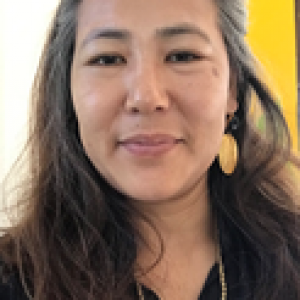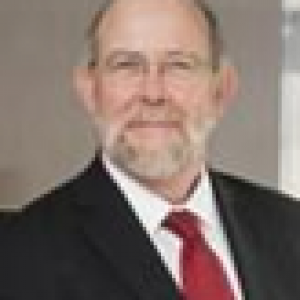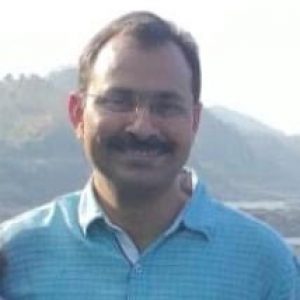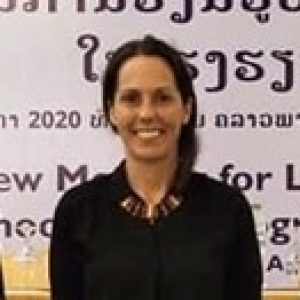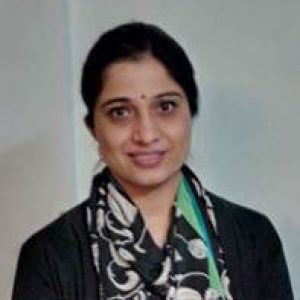About the Session:
Return to School
Through this session, panelists share their experiences in the global process of reopening schools amidst the pandemic, the impact of school closures and its effects on food and nutrition of school children, and what we are learning about the role that programs like school meals can play in mitigating challenges now and into the future.


